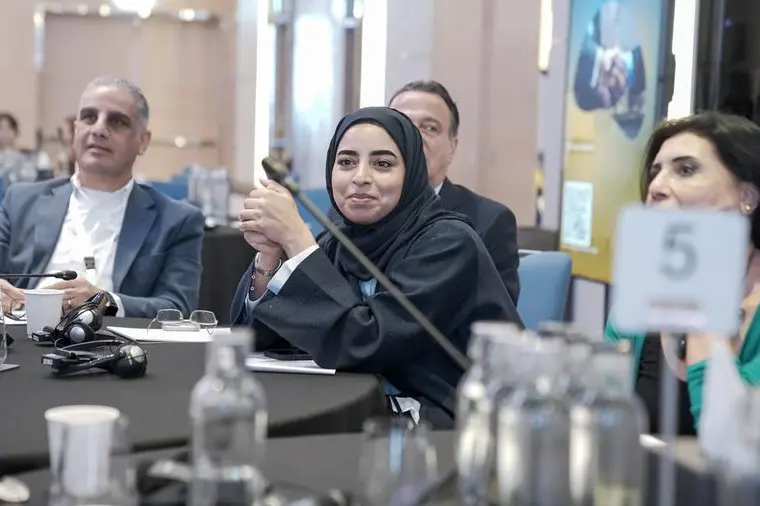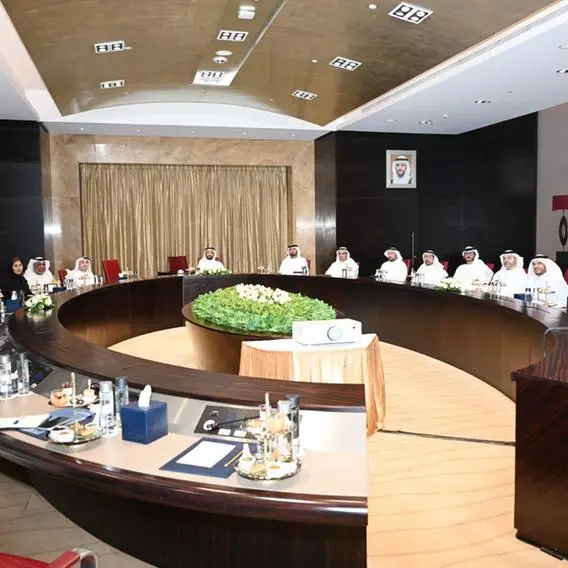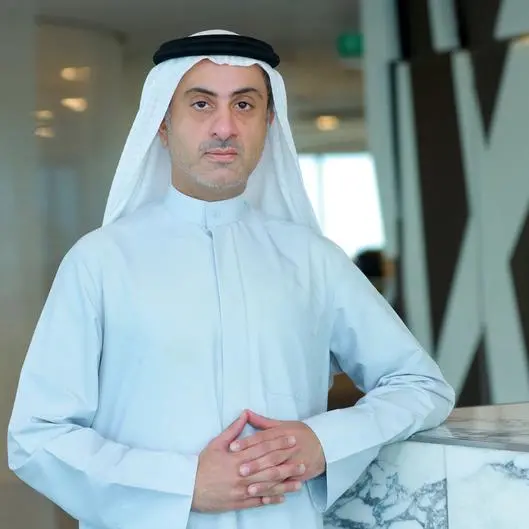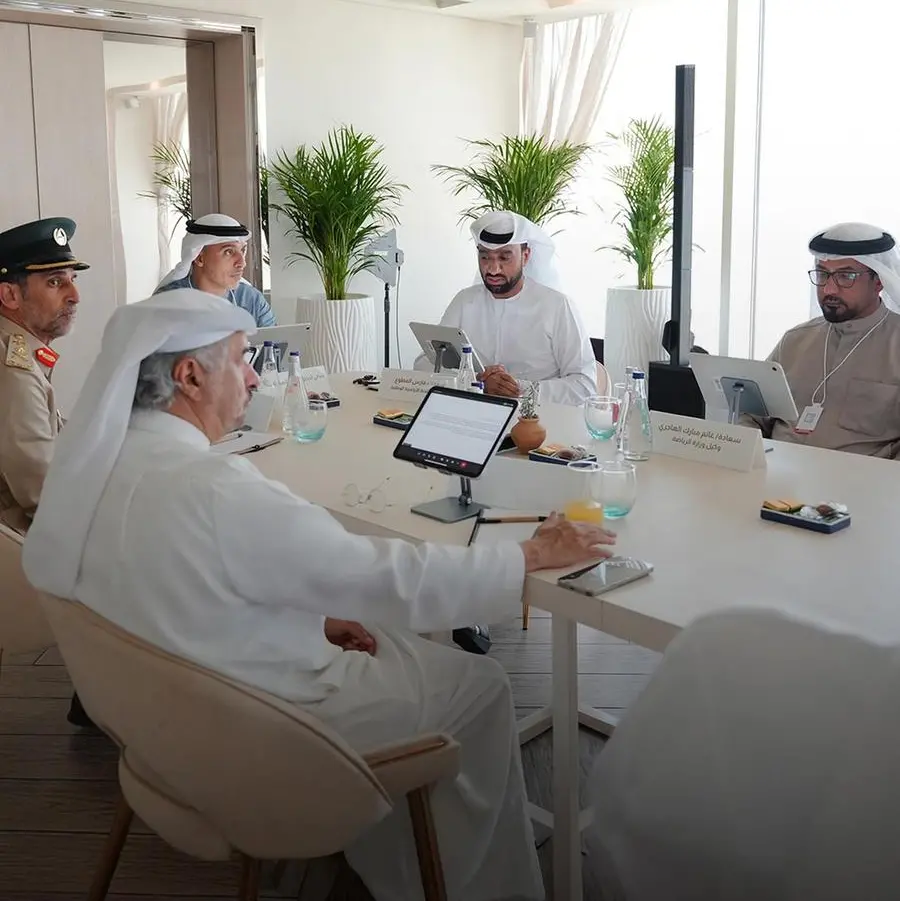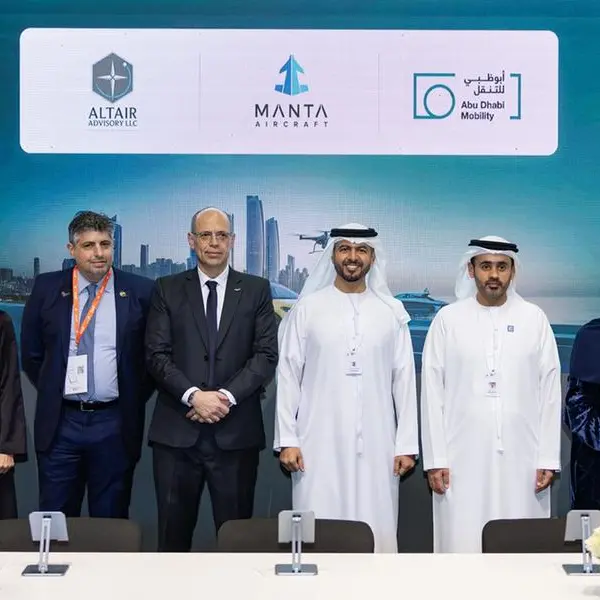PHOTO
Dubai – The Ministry of Climate Change and Environment of the United Arab Emirates (MOCCAE), in partnership with the Food and Agriculture Organization of the United Nations (FAO), hosted an interactive workshop in Dubai. A key outcome of the event was the announcement of the UAE as host of the first Regional Center of Excellence for Transforming Food Systems, a pivotal development that will drive innovation and strategic transformation in food systems across the region.
The event focused on enhancing cooperation between FAO and the United Arab Emirates, particularly in advancing the UAE's initiatives for sustainable national food security. It also sought to address various challenges in this area, aligning with the strategic objectives of the FAO Subregional Office for the Gulf Cooperation Council States and Yemen.
The workshop brought together officials from FAO, MOCCAE, alongside local authorities, academic institutions, and private sector entities specialized in food and agriculture. Participants clarified expectations between the Ministry and FAO regarding the structure and overarching mission of the FAO Subregional Office, fostering a mutual understanding of priorities and aspirations. Discussions centered on the mechanisms and resources necessary for effective collaboration, identifying key areas for partnership. Attendees reviewed common challenges in food security and agriculture and explored potential solutions.
His Excellency Dr. Mohammed Salman Al Hamadi, Assistant Undersecretary for Food Diversity at the Ministry of Climate Change and Environment emphasized that enhancing the country's food security relies on supporting a robust food and agricultural sector enabled by modern, climate-smart technologies. He highlighted the launch of the UAE's national program "Plant the Emirates" and the "National Agricultural Center" as significant and effective initiatives that bring together all stakeholders to explore solutions to agricultural challenges in the UAE, providing comprehensive support to local farmers and enhancing the role of smart technologies to increase local agricultural production while improving its quality and competitiveness.
His Excellency affirmed that the Food and Agriculture Organization of the United Nations will play a vital role in supporting the national program, expressing confidence in the ongoing collaboration with the organization and the shared commitment to advancing the agricultural sector in cooperation with all relevant stakeholders in the country. He stressed the importance of identifying challenges, finding practical solutions, and moving forward with their implementation on the ground.
Kayan Akram Jaff, Head of Mission, FAO Subregional Office for the Gulf Cooperation Council States and Yemen, emphasized, “The Food and Agriculture Organization is dedicated to supporting the United Arab Emirates in addressing food security challenges. Our partnership will focus on strategic initiatives that align with our mutual objectives and the priorities of the United Arab Emirates.”
MOCCAE and FAO reaffirmed their commitment to developing a clear roadmap for collaboration in food security and agricultural practices, as underscored during the discussions. This strategic partnership aims to enhance food security in the region while advancing the foreseen mission of the FAO Subregional Office.
